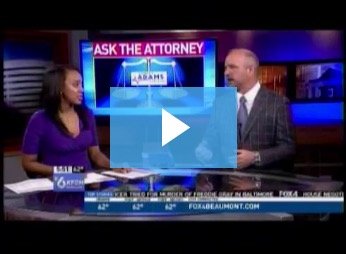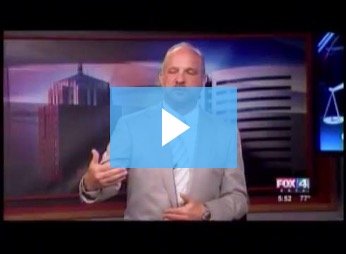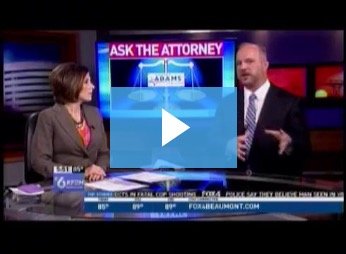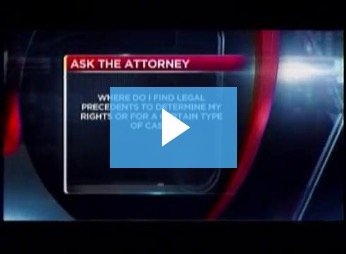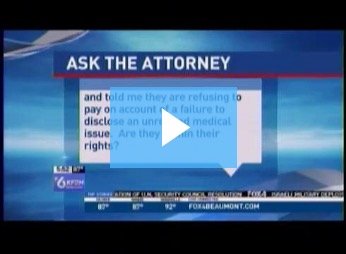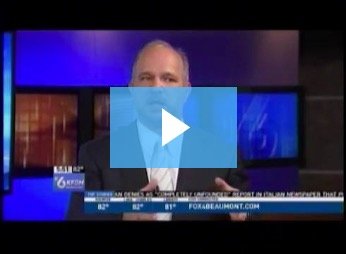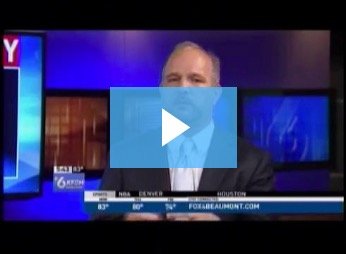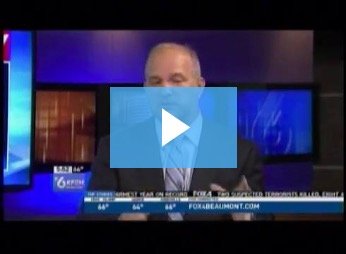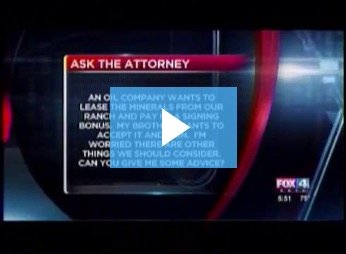Proving Negligence and Liability After a Car Crash
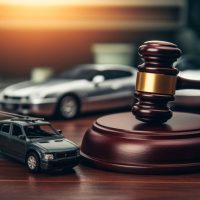
Crashes can happen in the blink of an eye, but their consequences can last a lifetime. As a crash victim, you can recover compensation for your injuries from the at-fault driver. But how do you prove they were responsible for causing the collision? What if the other side or their insurance company says you were at fault as well, or even totally to blame? Understanding legal concepts like negligence and liability is crucial for securing the compensation you deserve. Read on for a discussion of how negligence and liability can be proven after a crash. If you’ve been hurt in a collision with a negligent driver in Texas, contact the Gilbert Adams Law Offices for help from an experienced and successful Beaumont personal injury lawyer.
What Is Negligence in a Car Accident Case?
Negligence is a legal concept that refers to the failure to exercise the level of care that a reasonable person would under similar circumstances. In the context of a car crash, negligence could mean a variety of actions or inactions, such as:
- Speeding: Driving above the speed limit or too fast for road conditions.
- Distracted Driving: Engaging in activities that divert attention from driving, such as texting or eating.
- Driving Under the Influence: Operating a vehicle while impaired by alcohol or drugs.
- Failing to Yield: Ignoring right-of-way rules at intersections or when merging.
- Ignoring Traffic Signals: Running red lights or stop signs.
- Unsafe Lane Changes: Failing to signal or check blind spots.
Proving Negligence After a Crash
To establish negligence in a car accident case, you must demonstrate the following four elements:
- Duty: The defendant had a legal duty to exercise reasonable care to avoid causing harm.
- Breach: The defendant breached that duty by acting or failing to act with ordinary care.
- Causation: The defendant’s breach of duty was a legal cause of the accident and your injuries.
- Damages: You suffered injuries or quantifiable losses as a result of the crash, such as medical expenses, lost wages, pain and suffering, mental suffering or physical impairment.
Collecting Evidence to Prove Negligence and Liability
Gathering strong evidence is essential for proving negligence and liability after a crash. This can include:
- Police Reports: Official documents that detail the facts of the collision and may contain information about violations of traffic laws, such as citations.
- Witness Statements: Testimonies from people who saw the crash can provide valuable insights into proving what happened.
- Medical Records: Documentation of your injuries and treatment helps establish the extent of your damages.
- Photographs and Videos: Visual evidence of the accident scene, vehicle damage, and your injuries can be compelling, including Dashboard Cameras in nearby or involved vehicles
- Expert Testimony: Specialists, such as accident reconstruction experts or medical professionals, can provide authoritative opinions on the cause of the crash and the impact of your injuries on your life, not only in the past but also in the future.
Determining Liability in a Car Collision Case
In Texas, liability for a crash can involve the principle of comparative negligence. This legal doctrine means that each party’s degree of fault is considered, and compensation is adjusted accordingly. For example, if you are found to be 20% at fault for causing the collision, your compensation can be reduced by 20%.
It’s important to note that Texas follows a modified comparative negligence rule that prohibits you from recovering any damages if your percentage of responsibility is greater than 50 percent. If your fault exceeds this threshold, you are barred from receiving any compensation. Legal assistance is crucial not just for proving the other driver’s fault but also to make sure you are not unfairly blamed for any measure of responsibility for the crash that is not supported by the evidence.
Get the Help You Need to Fully Recover After a Car Crash in Texas
Proving negligence and liability in a car accident case can be complex and challenging. Having an experienced personal injury attorney by your side can make all the difference. At the Gilbert Adams Law Offices, our skilled legal team is dedicated to fighting for the rights of crash victims throughout Texas. We’ll help you navigate the legal process, gather and present evidence, and negotiate with insurance companies to ensure you receive the maximum compensation possible.
If you or a loved one has been hurt in a collision in Houston, Galveston, or throughout Texas, call Gilbert Adams Law Offices in Beaumont at 409-835-3000 for a free consultation. Let us put our expertise to work for you in your pursuit of justice and fair compensation.


